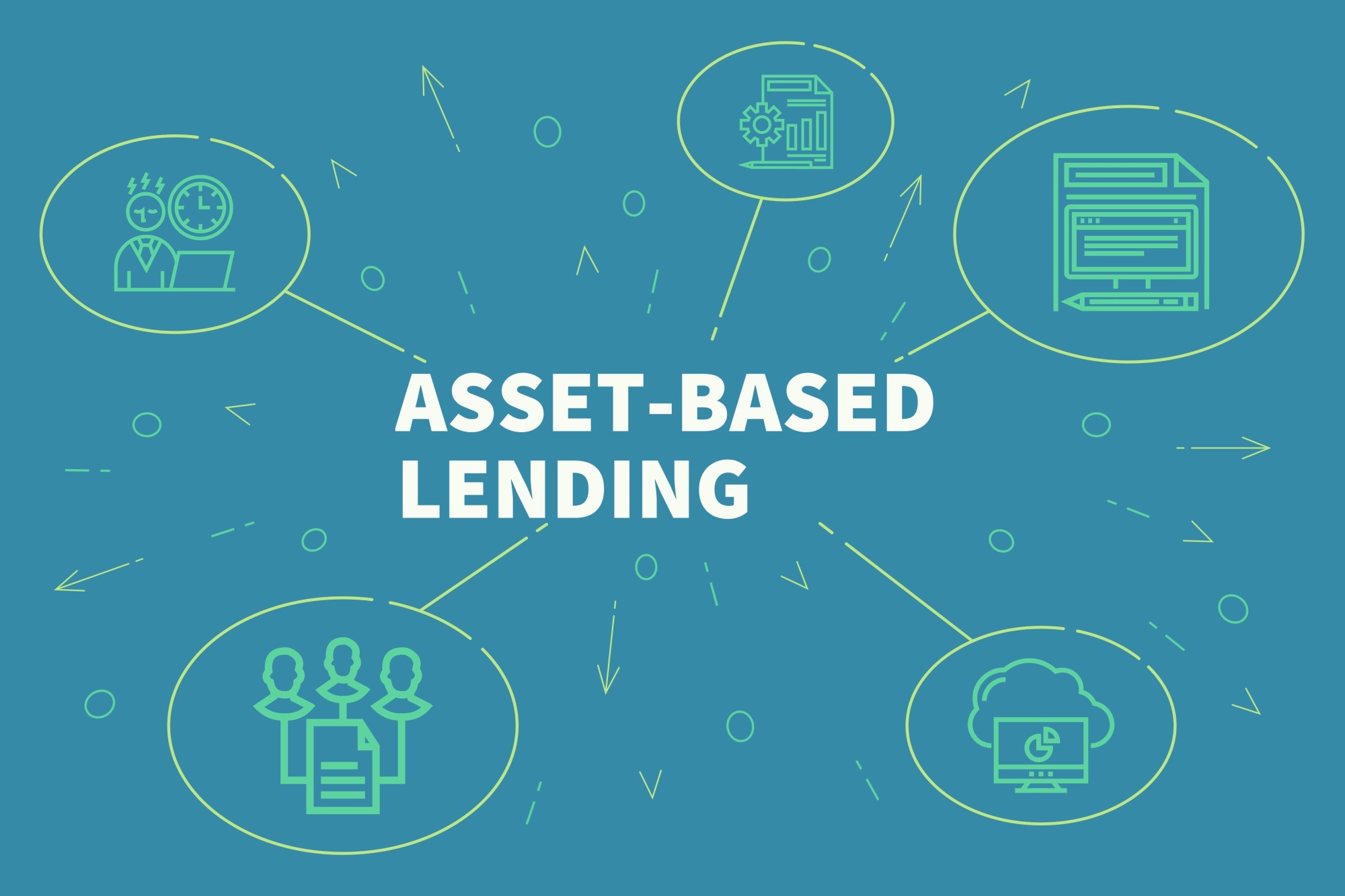5 Factors to Consider Before You Get a Service Dog
Getting a service dog can change your life for the better.
Service dogs can help you complete tasks you no longer have the energy to handle. For example, your dog can remind you when to take medications. Sometimes, your pet can even assist with bringing the medicine from a cup or a spoon.
If you’re depressed or anxious, your dog can help you manage your emotions. When you have a service dog by your side, you’ll have a source of comfort.
So, before you get a service dog, you should know all the factors surrounding service dogs. This article will help determine when bringing a dog into your home makes sense.
Table of Contents
1. Legitimate Need
Before deciding to get a service dog, it’s crucial to assess your specific needs and determine if a service dog is an appropriate solution. Service dogs are specially trained to assist individuals with disabilities or medical conditions by performing particular tasks.
Evaluate your challenges and determine if a service dog’s skills and abilities align with your needs. Consider consulting with healthcare professionals, therapists, or disability advocates to help assess whether a service dog is the right choice for you.
2. Legal Rights and Responsibilities
Understand the legal rights and responsibilities associated with having a service dog. Familiarize yourself with the laws and regulations in your jurisdiction that protect the rights of individuals with disabilities and outline the rights and responsibilities of service dog handlers. It includes understanding where service dogs can accompany you and the documentation or certification requirements, if any.
3. Training and Socialization
Owning a service dog requires a commitment to Service Dog Training, consistent training, and socialization. Service dogs undergo extensive training to learn specific tasks and behaviors that assist individuals with disabilities or medical conditions.
Consider whether you have the time, resources, and dedication to provide the necessary Service Dog Training, ensuring your dog is well-prepared to perform its specialized tasks and exhibit appropriate behavior in various situations.
4. Financial Considerations
Think about how having a service dog will affect your finances. Costs can add up when you buy, train, and care for a service dog. Prices include the initial cost of buying or adopting the dog, training fees, doctor care, food, grooming, and expenses to keep the dog healthy. Also, consider what might happen to your budget if your insurance fees or housing costs increase.
5. Lifestyle and Commitment
When considering getting a service dog, looking at your living and personal situation is essential. A lot of time, care, and attention are needed for service dogs. Look at your physical abilities, where you live, work, school, and general lifestyle to see if you can care for and support a service dog.
Service dogs need to exercise regularly, have their minds challenged, and hang out with people. They depend on their handlers for ongoing training, veterinary care, and social relations.
Get a Service Dog To Embrace Life’s Challenges
Service dogs can significantly help those with special needs or disabilities. When deciding if a service dog is right for you, it’s essential to consider the physical and financial costs associated with them and any required training that you or your dog may need. If you decide to get a service animal, you should feel confident it will provide the support and assistance you need.
Did you find the information in this article helpful? If so, check out our blog for more valuable resources.









